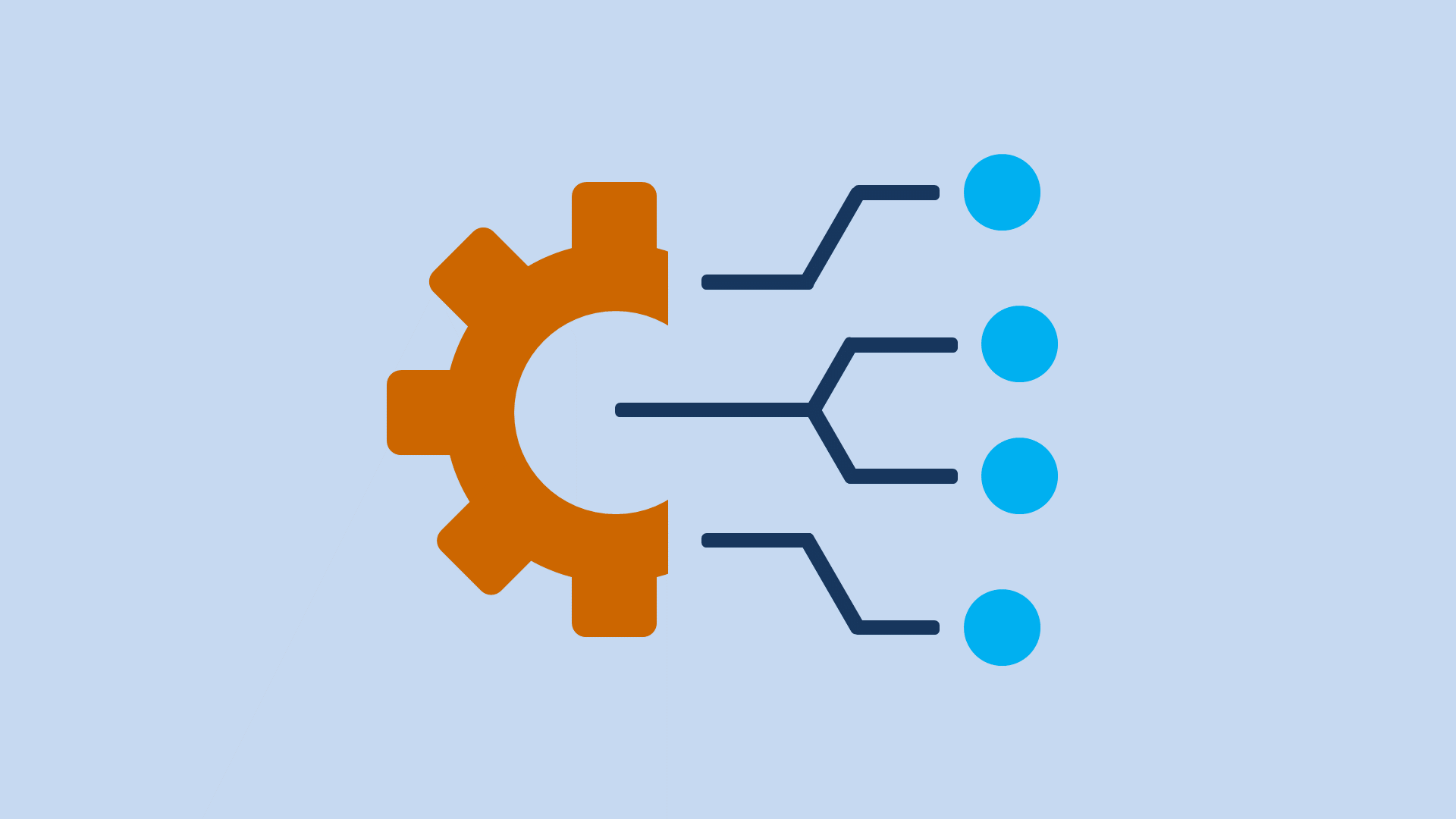
Digital transformation refers to the process of using digital technologies to fundamentally change how businesses operate and deliver value to their customers. It involves the integration of digital technology into all areas of the business, resulting in fundamental changes to how it operates and delivers value to its customers.
Digital transformation typically involves the use of various technologies such as cloud computing, artificial intelligence, the Internet of Things (IoT), and big data analytics. These technologies enable businesses to automate processes, improve communication and collaboration, and enhance customer experiences.
Some common examples of digital transformation initiatives include:
- Moving from paper-based processes to digital ones
- Implementing online sales and customer service channels
- Automating manufacturing processes using IoT sensors and data analytics
- Using artificial intelligence and machine learning to improve decision-making
- Adopting cloud computing to increase flexibility and scalability
Digital transformation is happening across industries and is reshaping entire industries in the process. Here are a few examples of how digital transformation is shaping various industries.
- E-commerce companies are using digital technologies to enable online shopping and create personalised customer experiences. For example, Amazon uses artificial intelligence (AI) algorithms to recommend products based on customer behaviour and preferences.
- Banking and financial institutions are adopting digital technologies such as mobile banking, online payment systems, and blockchain to provide convenient, secure, and efficient financial services. For example, PayPal offers digital payment services that enable people to send and receive money online.
- Healthcare providers are using digital technologies to improve patient care, increase efficiency, and reduce costs. For example, telemedicine allows patients to consult with doctors remotely, and health monitoring devices enable patients to track their health data and share it with their doctors.
- Manufacturing companies are using digital technologies such as the internet of things (IoT), robotics, and automation to optimise their production processes, reduce costs, and improve quality. For example, General Electric uses sensors and analytics to monitor the performance of its industrial equipment and predict maintenance needs.
- Educational institutions are using digital technologies to enhance the learning experience and provide more personalised education. For example, online learning platforms such as Coursera and Udemy offer courses on a wide range of subjects that can be accessed from anywhere in the world.
- Transportation companies are using digital technologies to optimise their operations, increase safety, and improve customer experiences. For example, ride-sharing companies such as Uber and Lyft use mobile apps to connect drivers and passengers and GPS tracking to optimise routes and minimise wait times.
- Hospitality businesses are using digital technologies to offer mobile check-in and keyless room entry, virtual concierge services, as well as personalised guest experiences like recommendations, promotions, and services based on guest preferences and behaviour.
In general, digital transformation involves using technology to fundamentally change how an organisation operates, delivers value to customers, and competes in the marketplace. It enables organisations to streamline operations, reduce costs, improve customer experiences, and create new value propositions.
And while the pace and scope of digital transformation vary across industries and organisations, it is clear that digital transformation is here to stay and will continue to reshape industries and create new opportunities for growth and innovation.
Digital transformation is a critical component of staying competitive in today’s digital age, and businesses that fail to embrace it risk falling behind their competitors.